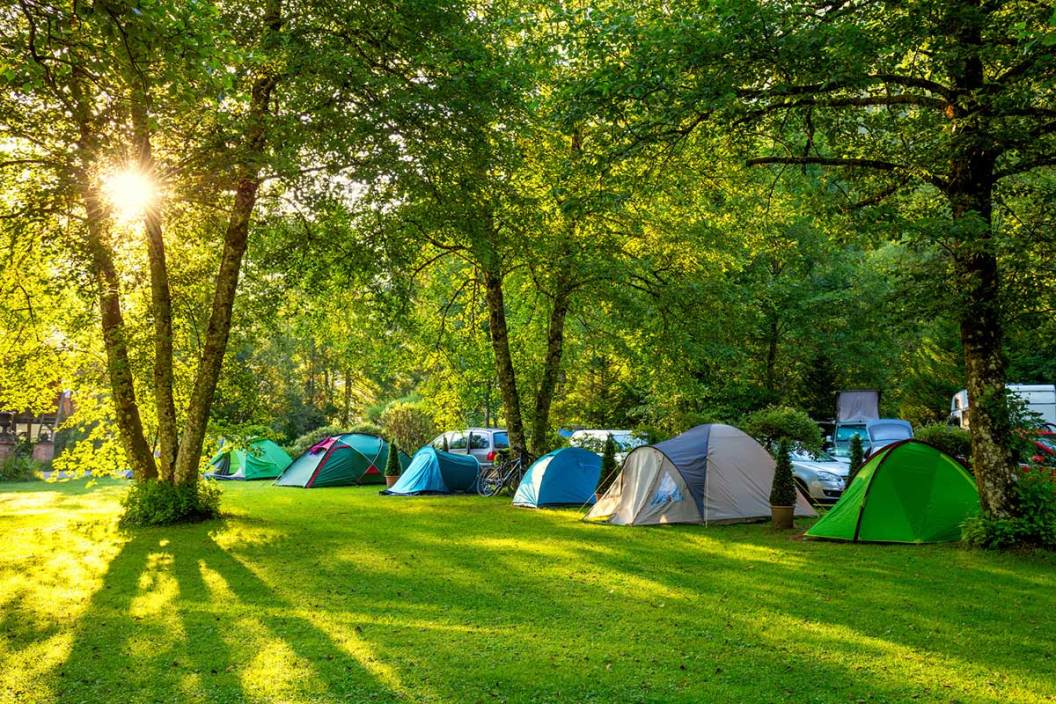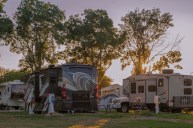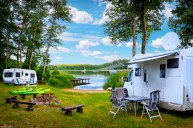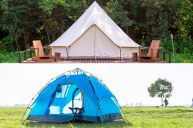Camping is one of those age-old pastimes where people trek into nature to unplug, relax, and reconnect with the great outdoors. However, recent studies show that this is no longer the entire story. Newer campers reportedly care less about the true wilderness camping experience than their predecessors. A Campspot survey revealed that while there are younger, more diverse campers visiting campgrounds and RV parks, they are changing the landscape, and it might not bode well for those who love to rough it.
The August survey shows that only 10% of campers, a little over 1,500 respondents, said they would "spend time in nature." The top three responses make it seem like camping is just another vacation option and could be used to describe just about anything. Respondents split these percentages: 23% vacation family time, 19% relaxation, and 17% said they want to be close to outdoor activities. Perhaps the original appeal of camping is no longer why people are heading out into nature.
Campspot distributed its survey results at the National Association of RV Parks and Campgrounds convention. Campspot, a cloud-based campground reservation system, has some insight as to what brings in newer camping participants, especially since the younger campers are a digital-first generation. Campspot has 2,000 users and drew in $1 billion in bookings last year. They also have pushed for important updates like on-demand pricing, high cancellation fees, and site-lock fees.
Other industry representatives at the convention agreed with Campspot's findings. However, their motive involves prepping campground owners for the change in overall demographics and to push them into a new era. According to RVtravel.com, RVshare's Jon Gray said the new generation is "looking for hotel-type accommodations." Gray believes the shift is a "great opportunity" for campground owners and operators. A different demographic allows owners to make updates and add amenities that make the campgrounds more desirable and add value.




